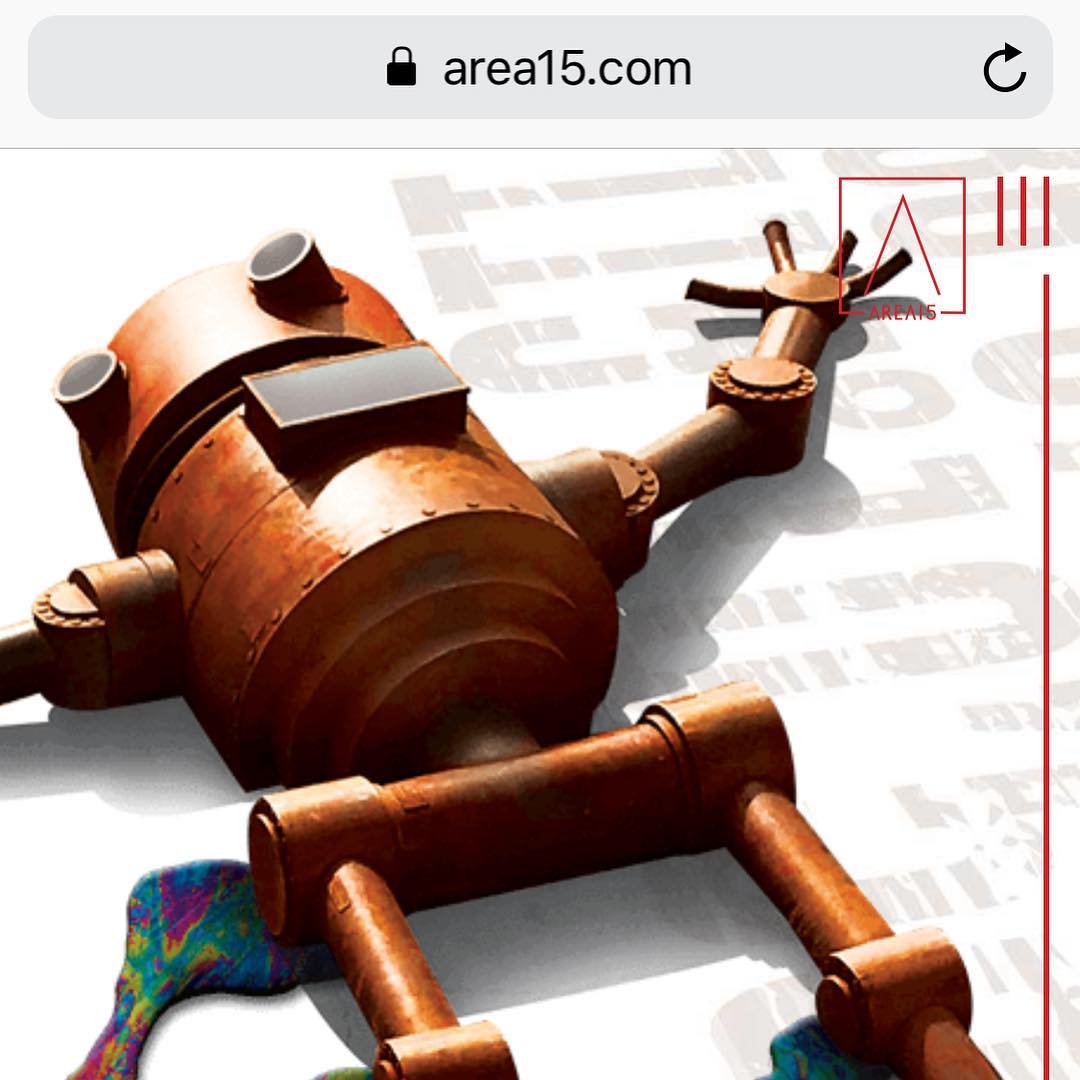“Grants management professionals are strategically positioned to influence a funder’s racial equity and racial justice funding. But in three decades of working in and with foundations, I have consistently seen a pattern where people serving in these roles are excluded from these conversations as a matter of institutional habit,” explains Lori Villarosa, Founder and Executive Director, Philanthropic Initiative for Racial Justice.
Villarosa defines racial equity and racial justice before offering, “three ways in which grants management professionals can reimagine the core functions of their roles to better support racial justice funding.” These include: identifying the why in data management, easing the burden on grant applicants, and reexamining the concept of risk.

